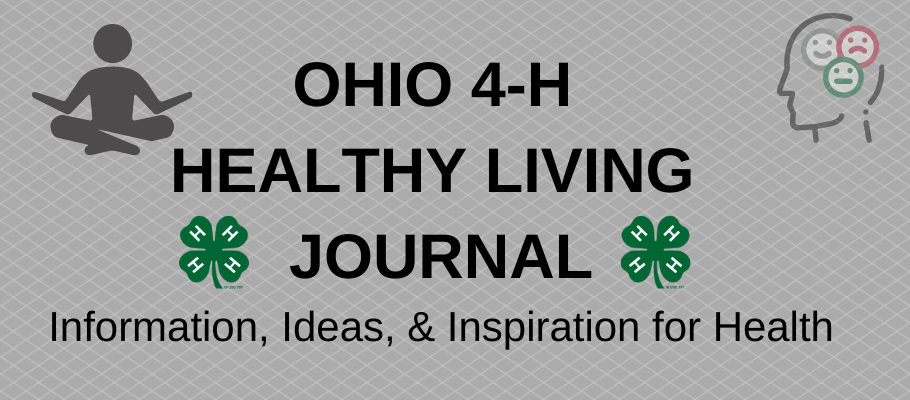 Have you checked your environmental wellness lately? This is probably not a typical question you ask yourself, but it should be! If you are like me, the words “environmental wellness” immediately overwhelm, or at least confuse, and confusion never seems to me like a good foundation for change. Luckily, we never walk the path toward healthy living alone, and there are many amazing educators, researchers, and health workers we can learn from. They have devoted their lives to shedding light on what environmental wellness is, and of course, why we should care! In this spirit of togetherness, let’s take a moment together to check our environmental wellness right now.
Have you checked your environmental wellness lately? This is probably not a typical question you ask yourself, but it should be! If you are like me, the words “environmental wellness” immediately overwhelm, or at least confuse, and confusion never seems to me like a good foundation for change. Luckily, we never walk the path toward healthy living alone, and there are many amazing educators, researchers, and health workers we can learn from. They have devoted their lives to shedding light on what environmental wellness is, and of course, why we should care! In this spirit of togetherness, let’s take a moment together to check our environmental wellness right now.
So just what does environmental wellness mean? Some researchers from Ohio State’s College of Nursing share that contributing to our environmental wellness starts with simply being mindful of the day-to-day impact we have on our environment. It also means paying attention to the effect our treatment of the environment has on our minds and bodies. It is important to realize that the word environment does not just mean nature. Paying attention to the ways we build, clean, and use our cars, homes, and workplaces, as well as tracking what and how much we consume, helps to determine our level of environmental wellness too. So, begin your environmental wellness check by keeping it local, and focus on the impact of your interactions with your immediate surroundings.
You can reap the health benefits of environmental wellness in your life and support the wider environment by doing some of the following:
- Reduce, Reuse, and Recycle: It may sound cliché, but simply using less, caring for and finding new uses for what we already have, and appropriately discarding materials can go a long way to contributing to healthier communities and a healthier globe.
- Take a Walk Outside: Simply moving that walk outdoors has been shown to reduce symptoms of depression more so than an indoor walk on the treadmill.
- Find Local Eats: Seek out a local farmer’s market, grow your own vegetables, and support local gardens as you support your quest for healthy eating. Less travel means less fossil fuels are used to transport food, and local foods often contain more nutrients – they spent less time in transit, which means less time to get to your stomach!
- Clean with Less Chemicals: Using natural cleaning products like white vinegar, baking soda, and lemons is healthier for you, your family, your pets, and your environment.
- Connect with Local Leaders: In Dayton, Ohio where I live and work, the Five Rivers MetroParks organization leads many initiatives with environmental wellness in mind. From “Bike to Work Day” to teaching the community about tree conservation and caring for our parks during “Make a Difference Day,” there is always something the community can do contribute to the health of both our city’s individuals and wider environment. Seek out your local MetroParks organization to see how you can make a difference at home, in the park, and in the community.
- Get Out and Vote: Pay attention to those who are running for office and what they say about conservation and caring for the local and global environment.
In my work with Adventure Central, a positive youth development program in West Dayton, we have the privilege of partnering directly with our local Fiver Rivers MetroParks organization to acquaint youth and adults with the importance of getting outside to play, enjoying the environment, and helping to preserve the beauty in nature we have come to enjoy. With just a little bit of exploration, you just might find that including new habits for environmental wellness is simple and fun.
So what will you do to check your wellness? For more ideas and resources, check out our Ohio 4-H Mental Health Month page, which includes an Environmental Wellness Tip Sheet.
Be happy and well, fellow health seekers!
Tyler Kessler, 4-H Educator, Adventure Central, Dayton
